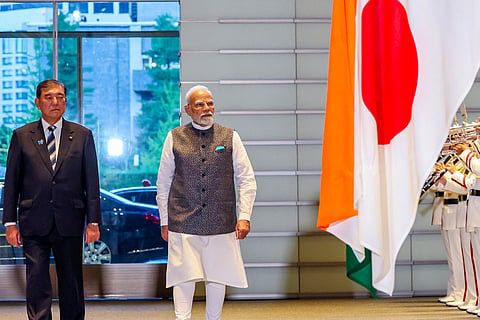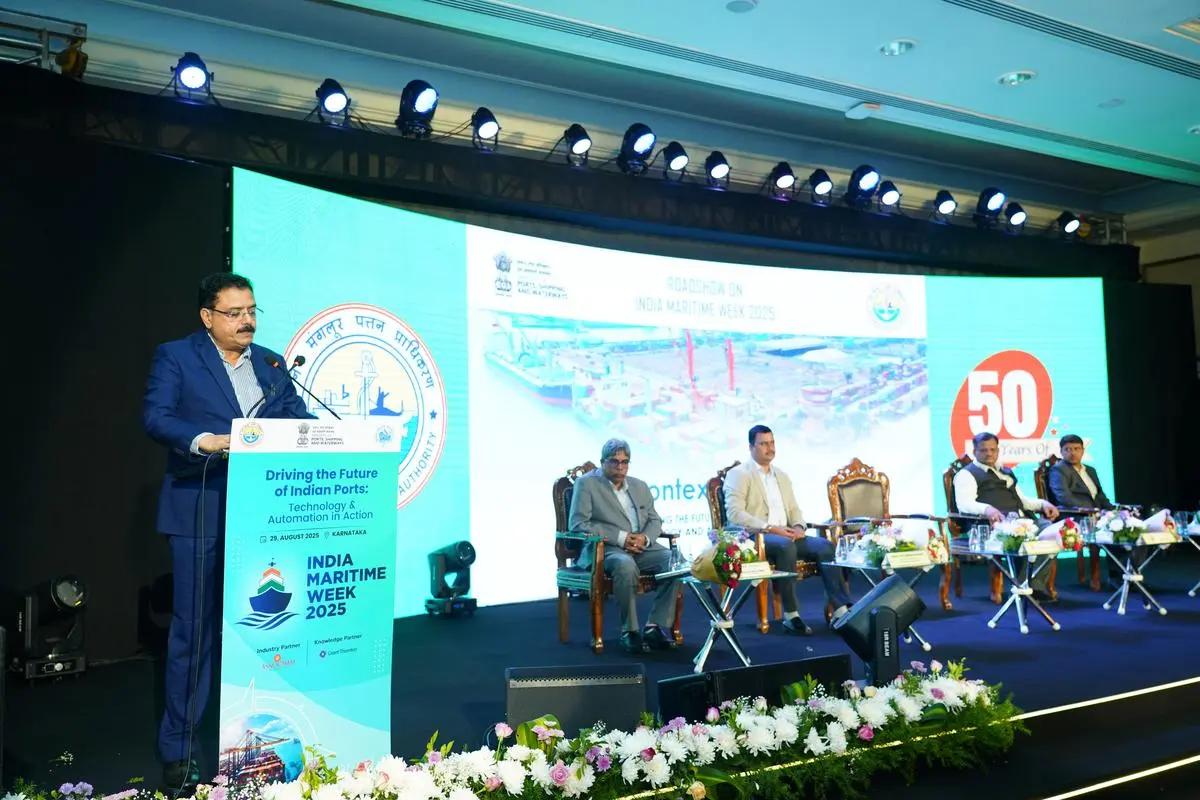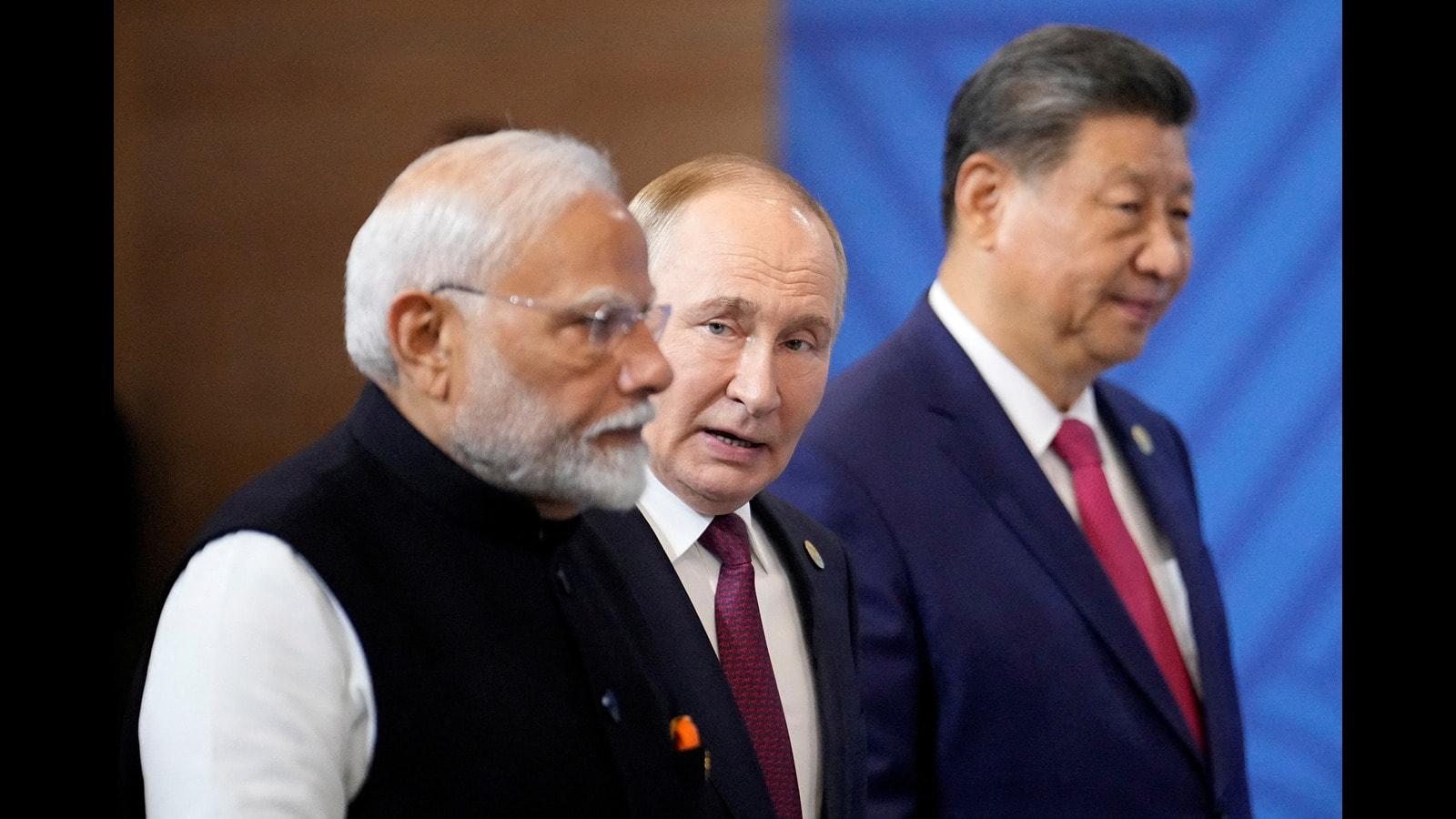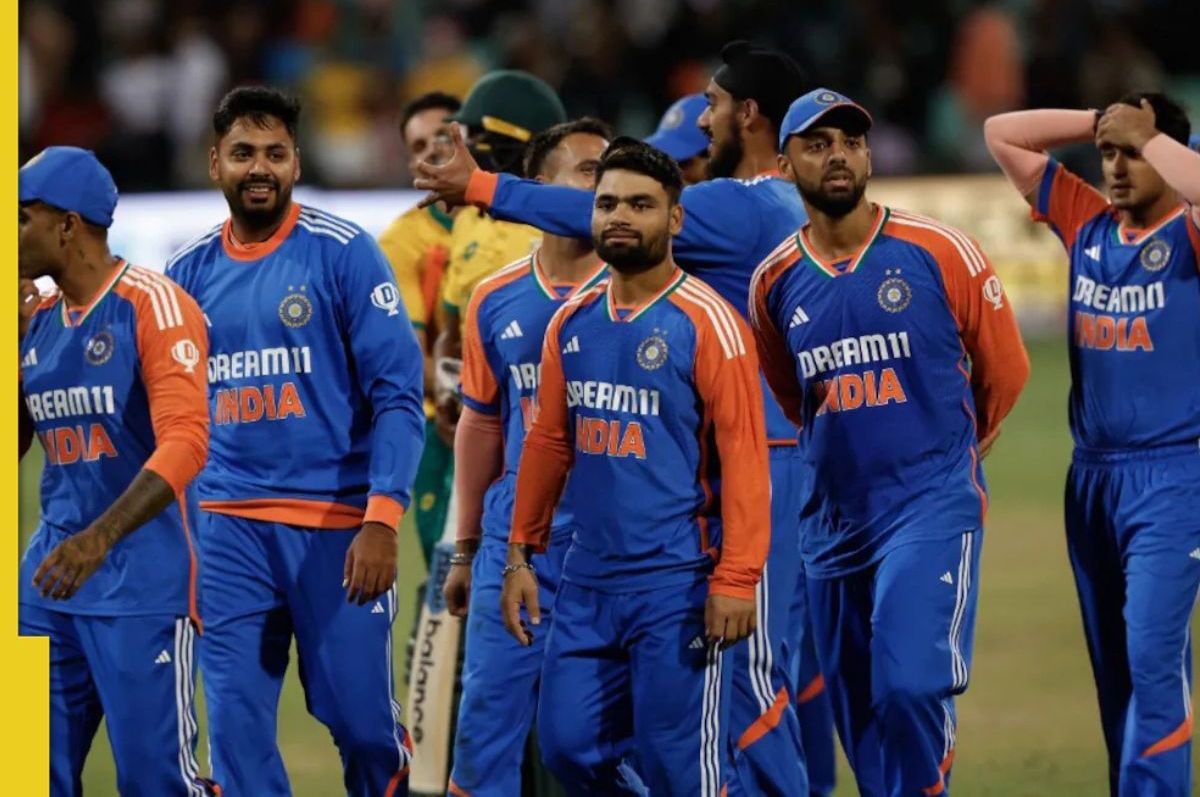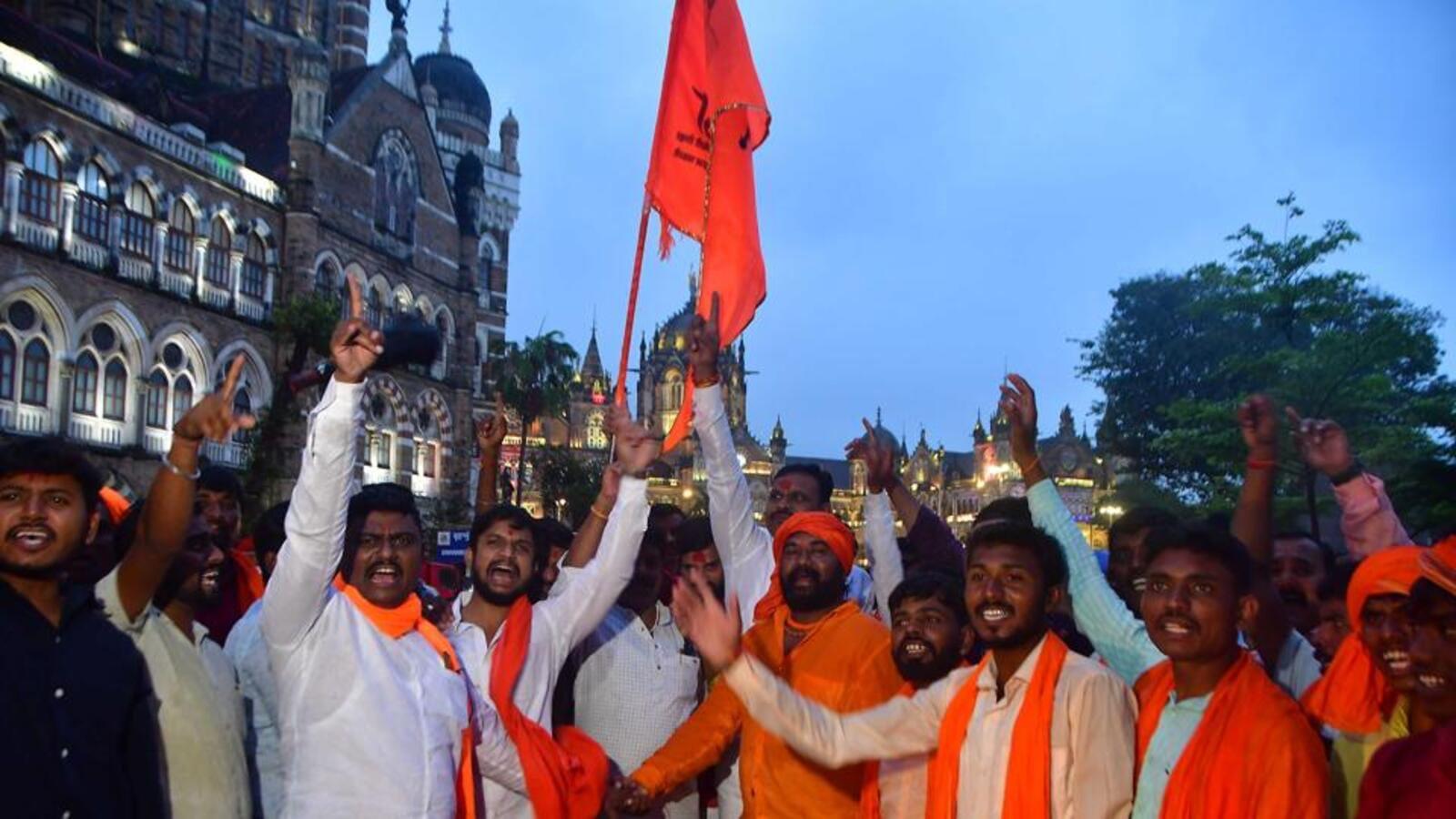 Image Source: Hindustan Times
Image Source: Hindustan Times
Thousands of Maratha community members gathered at Mumbai’s historic Azad Maidan in late August 2025, expressing a potent mix of hope, frustration, and determination over their demand for reservation rights under the Other Backward Classes (OBC) category. Led by activist Manoj Jarange Patil, the massive rally and indefinite hunger strike spotlight the decades-long struggle for socio-economic justice amid complex political dynamics.
Key Highlights from Azad Maidan Gathering
Nearly 40,000 protesters arrived in Mumbai, with a massive convoy of two- and four-wheelers extending over 30 kilometers along routes connecting Pune and Mumbai.
The protest, granted limited police permission to host 5,000 people between 9 am to 6 pm, escalated with demands for indefinite hunger strikes and extended sit-ins.
Jarange Patil commenced an indefinite hunger strike on August 29, emphatically stating readiness to face any consequence until Marathas secure sustainable reservation.
The protest centers on Maratha inclusion in the OBC quota alongside the Kunbi community, emphasizing shared lineage, intermarriages, and socio-economic parity.
Marchers braved adverse weather, prepared to stay long-term with makeshift shelters, food prepared on site, and grassroots organization shaping the agitations.
The protest caused large-scale traffic disruptions, particularly in South Mumbai, with several arterial roads closed for vehicle movement except emergency services.
Extensive police deployment aimed to maintain order while ensuring protesters’ rights to peaceful demonstration amidst ongoing Ganesh Chaturthi festivities.
Historical and Legal Background
Azad Maidan became Mumbai’s designated protest site following a 1997 Bombay High Court order responding to resident petitions about noise and disruption caused by earlier protests in prime city areas.
Since then, protests in South Mumbai were confined to Azad Maidan, with organizers required to obtain police permissions and adhere to restrictions including crowd limits.
Ongoing government efforts to formalize protest regulations culminated in the Public Meetings, Agitations and Processions Rules, 2025, aiming to balance democratic rights with public order.
Political Reactions and Stakes
Opposition leaders and former Chief Minister Uddhav Thackeray voiced support for the Maratha protest, urging dialogue and just resolution.
Maharashtra Congress highlighted the unreliability of prior government promises around Maratha reservation and called for removing caps on overall quotas.
Rival political factions pointed fingers over handling the protests, reflecting the issue’s significance in upcoming local elections.
The protest underscores the Maratha community’s political mobilization power, constituting roughly 35% of Maharashtra’s population.
Social and Economic Implications
Protesters demand a “sustainable reservation” that is not vulnerable to judicial overturns, seeking inclusion under the OBC category facilitated by government statutes.
The agitation signals widespread socio-economic anxiety among Maratha youth facing educational and employment challenges.
The prolonged sit-in could affect Mumbai’s commerce, transport, and public services, pressing state authorities to seek swift policy decisions.
Outlook and Next Steps
With protesters mobilized to maintain pressure indefinitely, Maharashtra’s political leadership faces heightened urgency to engage constructively.
The government may consider negotiating reservation frameworks, quota expansions, or socio-economic upliftment packages to address demands.
The legality of protest duration, the possibility of phased clearances, and administrative facilitation of peaceful demonstrations will be closely monitored.
Conclusion: Azad Maidan as a Crucible of Community Aspiration and Political Discourse
The Maratha protest at Azad Maidan epitomizes a powerful intersection of historical grievances, democratic rights, and electoral politics in Maharashtra. It is a landmark moment reflecting the community’s resolve and the critical role of peaceful civic expression in shaping equitable public policy.
Sources: Hindustan Times, Indian Express, New Indian Express
Advertisement
Advertisement


